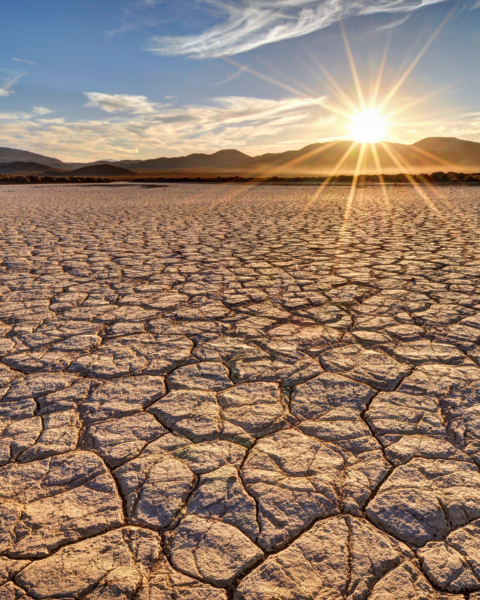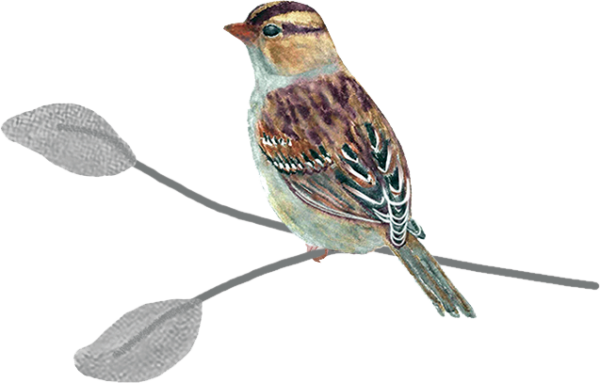Dear pilgrims, monks, artists,
Please note: This reflection was written when we lived in Seattle and had a dog named Winter. We currently live in Galway, Ireland with our dog Sourney.
If you’d prefer to listen to Christine on silence here is the audio version.
Being a monk in the world means, for me, choosing to live contemplatively in resistance to the demand for speed, to live mindfully and with intention instead of rushing through life, to savor my experience rather than consume it, and to remember that my self-worth is not defined by how much I do or achieve, and so I am called to make time for simply being.
At the heart of contemplative prayer is an encounter with the Holy One who mystics like John of the Cross tell us dwells in our hearts as a “living flame of love”. Contemplative living is about relationship and extending that infinite source of compassion within us to self, others, and creation.
Those of you who know my love for animals, and especially my canine companion Winter, know that any poet who can write about the wisdom of dogs is guaranteed a place on my bookshelf. Of course, dogs are known for their heightened sense of hearing and smell. I often wonder how Winter experiences the world, what she notices that I remain oblivious to in a wash of the urban hum. I wonder at what subtleties I miss. I ponder the possibilities:
What does a flower sound like as its shoot first breaks through the soil of newly warmed earth?
What is the noise a sea turtle makes as it slides its fins through the salty water of ocean depths?
Can you hear the music of your ancestors dancing, surrounding you, calling you to a greater vision?
Do you listen for the song your own body sings as it grows older, its skin stretching to make room for all the wisdom contained within?
Could it be as beautiful as the whisper of the stars exploding galaxies away in a profusion of color?
Or as lovely as the grace of a dog who comes and puts her paw on your lap, her own not very subtle way of asking to be taken into your arms and reassured of love through word and touch?
Are you listening?
A few wise words from Thomas Merton (from A Year with Thomas Merton):
When your tongue is silent, you can rest in the silence of the forest. When your imagination is silent, the forest speaks to you, tells you of its unreality and of the Reality of God. But when your mind is silent, then the forest becomes magnificently real and blazes transparently with the Reality of God.
Silence requires practice because in the course of our everyday lives noise is the norm rather than silence. Sometimes when we sit down to a time of silence we can be overwhelmed by the chatter of our minds.
Through practice we can become fully present to this inner chatter, being compassionate with ourselves. We resist the silence often because we are afraid of what will be revealed and yet the only way is to awaken fully to ourselves.
We may be tempted to think that those who live in monasteries have the advantage over those of us living “in the world.” We might even begin to dismiss our own capacity or desire for silence because it feels so hard wherever we are. But I love being an urban monk, precisely because I know that being a contemplative is not dependent upon location. While times of retreat are essential as ways to return us deeply to ourselves, ultimately it is in our daily lives that we discover the deep stillness offered to us.
The desert mothers and fathers who were the early Christians of the 3rd to 5th centuries have much wisdom to offer us.
Amma Syncletica said, “There are many who live in the mountains and behave as if they were in town, and they are wasting their time. It is possible to be a solitary in one’s mind while living in a crowd, and it is possible for one who is a solitary to live in the crowd of his own thoughts.” (Syncletica 19)
I live in the heart of Seattle in its most densely populated neighborhood. My monastic cell is a small 2-bedroom apartment which I share with my husband and dog. I love to go away on retreat, especially by the sea, but I would be fooling myself if I believed that living by the sea all the time would necessarily foster more inner silence. We may be tempted to think that those who live in monasteries have the advantage over those of us living “in the world.” We might even begin to dismiss our own capacity or desire for silence because it feels so hard wherever we are.
Most of us have probably had the experience of sitting down to meditate and our minds are noisy with chatter, never seeming to rest. Equally so, we have also likely had moments in the midst of life’s frenzied pace when suddenly we were overcome by a deep inner stillness and peace about things. It may have been the way the light was reflecting off a loved one’s face or remembering to take a deep breath that called us back to ourselves.
The ancient desert monks wrote extensively about the kinds of thoughts we are likely to encounter in the stillness of prayer. From anger to laziness to lustfulness, the practice was to meet these thoughts and name them for what they are—perversions of ourselves, distractions from the movement toward our deepest, most authentic self. How they worked with these is to cultivate their opposites, the virtues. When we find ourselves impatient, we seek to bring in the quality of patience to our lives. When we find ourselves angry or resentful we bring in the quality of gratitude. The work is to first notice the thoughts rising and meet them with compassion and curiosity.
If our mind is racing or we feel filled with anxiety or uneasiness, we return to the breath as a way of calming both body and mind. We then seek to cultivate the virtue in our hearts that helps us to quell the insistence of this voice within us. We slowly move to the place of releasing thoughts altogether, where we open ourselves to the Holy Other in which we find rest.
When I show up each morning for my own practice of being with silence in meditation, sometimes that time is filled with abiding stillness and more often there are waves of emotion rising. Sometimes those feelings are unexpected, ones I wasn’t anticipating and would rather not experience. The emotions are a bridge between our minds and bodies. When we feel sad or angry, we experience it both as a thought and as an experience in our bodies. What we often do is to let our thoughts carry us far away from our actual experience and avoid feeling deeply what is happening in the body.
My husband and I adopted a dog named Winter in early January. She was rescued after being abandoned on a farm and left to freeze to death. She survived but her puppies did not. It has taken time and the slow building of trust, but now nearly a year later she has settled in with us well. I like to call her Amma Winter because of the wilderness experience she had and because my dogs are always sources of great wisdom in my life. Winter is a very quiet dog, she doesn’t bark when someone comes to the door or when left alone for a little while. When we first took her in we joked that she had perhaps taken a vow of silence. Now that she has become more at ease we have found that the only time she does bark is out at the dog park when she wants to play with another dog. Her voice comes alive in those moments of inviting play, attention, and delight.
I have been thinking about her a great deal these last few days in light of the desert commitment to seeking silence. She offers me wisdom about what it means to be selective about my words. Cultivating silence is about making space for another voice to speak. Silence is a presence rather than an absence. I can fill my day with endless words or I can choose when to speak and when to keep silent. How often do I engage in conversation and anticipate my next words without truly attending to what is being said in that moment?
For the desert elders, silence isn’t just the absence of sound but a form of human consciousness.
It was said of Abba Agathon that for three years he lived with a stone in his mouth, until he had learnt to keep silence. (Agathon 15)
This silence of the heart is a profound place of moving beyond ego, judgments, and dualistic thinking to witness the presence of the divine. In the Rule of St Benedict, he writes in chapter 42 that “1Monks should diligently cultivate silence at all times, but especially at night.” This is the heart of being a monk in the world, carrying this silence into everything we do, letting go of the endless chatter that fills our minds and hearts and takes away our clarity. Even when we cannot control the external noise of the world, we can cultivate an internal silence and peace.
The heart is the source of words and actions. It was considered to be an “axial” organ that centers the physical and spiritual dimensions of human life. Silence makes space within our hearts for grace to cultivate our lives like a fertile field. In silence we can experience a sense of inner expansiveness which makes more room for God’s presence.
We practice silence not just for its own sake. We cultivate silence so that we might hear another voice deeper than our own. We cultivate the conditions to encounter the presence of God.
The only thing we can do is practice, show up every day, for just a few moments. Turn off the TV, the radio, the computer, the phone, go into a room and close the door, it might even be your car. Close your eyes and rest. Voices will arise, but gently and compassionately let them go and simply dwell in the space of silence.
“You stand outside the door, reading one more book about how to open the door. You note in your journal one more thought about what it might be like. Yet the longings of your heart remain . . . Let today be the day you open the door of your heart to God.” -Joyce Rupp, Open the Door: A Journey to the True Self
That door is usually the door to silence. You perhaps read many wise and wonderful books about being contemplative, you journal about what it would be like to have more silence in your life, you think all kinds of beautiful thoughts about silence, and yet how often do you actually make the space for silence to enter your being? How often do you simply let go of all the striving, the desire to do and achieve and make perfect, and simply rest into the one who is already perfect, the one who holds you in a stillness more beautiful than anything you can imagine for yourself. It is simply a gift to receive. Let today be the day you open the door of your heart and simply receive the silence. Simply listen to what is shimmering there for you.
Pay attention to the longings they stir in you. And most important of all, keep showing up to practice.
With great and growing love,
Christine
Christine Valters Painter, PhD, REACE



